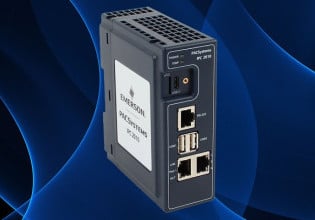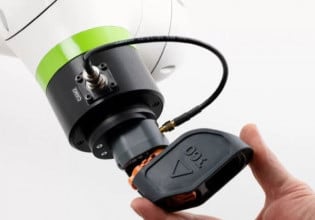F
Hi,
I've new to field bus stuff. I've been reading stuff for the last few days but still have a few hopefully easy question w.r.t modbus and profibus.
1. Both modbus and profibus are master/slave architect. So a slave cannot initiate a transaction to the master, correct?
2. We have a device with RS232 connector. What's the easiest way to get this onto the modbus/profibus network? I'd presume it'll be a hardware solution. Any recommendations?
3. From what I can tell, for a device to be integrated into a new network, firmware will have to be changed for that network. E.g. each modbus master would have different notion which register is which. Is this correct?
Thanks,
I've new to field bus stuff. I've been reading stuff for the last few days but still have a few hopefully easy question w.r.t modbus and profibus.
1. Both modbus and profibus are master/slave architect. So a slave cannot initiate a transaction to the master, correct?
2. We have a device with RS232 connector. What's the easiest way to get this onto the modbus/profibus network? I'd presume it'll be a hardware solution. Any recommendations?
3. From what I can tell, for a device to be integrated into a new network, firmware will have to be changed for that network. E.g. each modbus master would have different notion which register is which. Is this correct?
Thanks,






